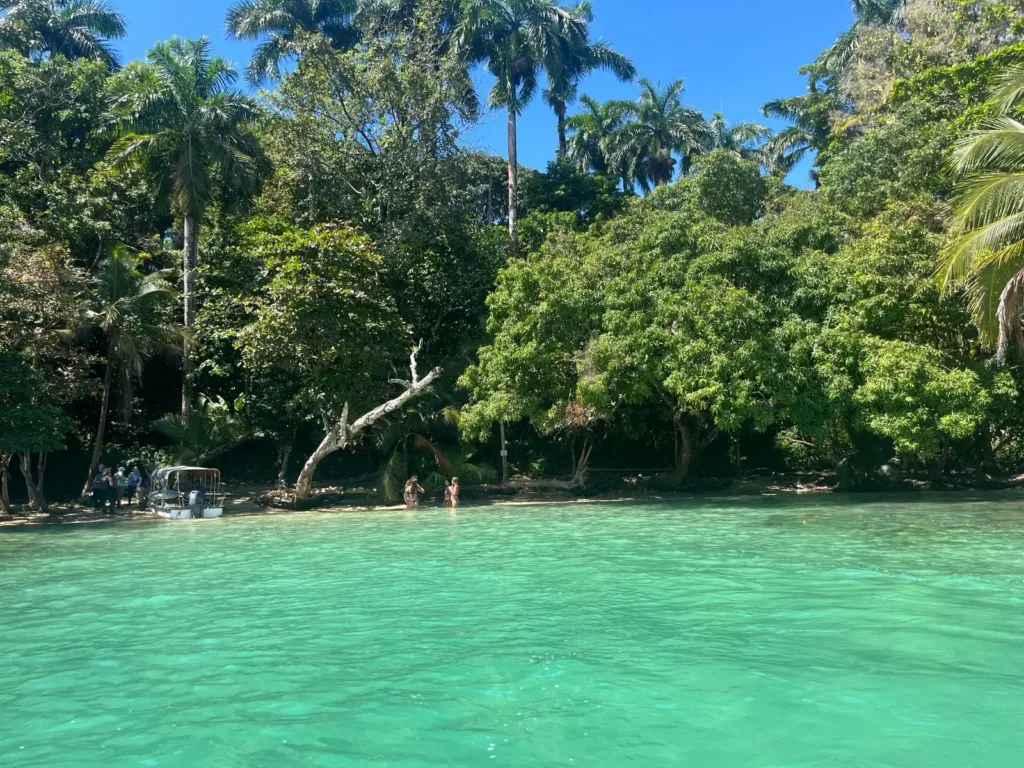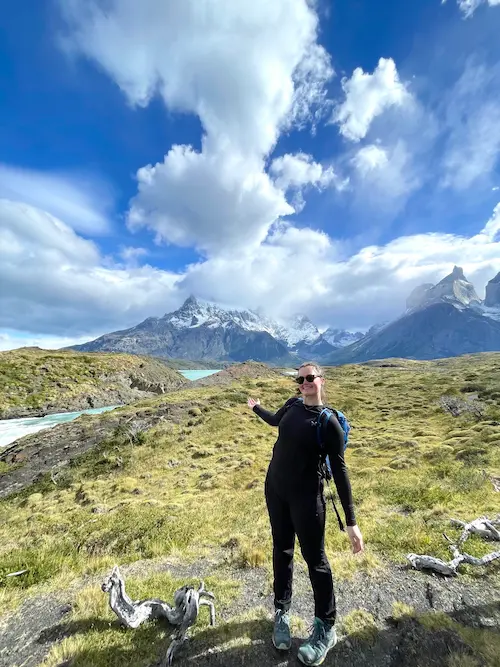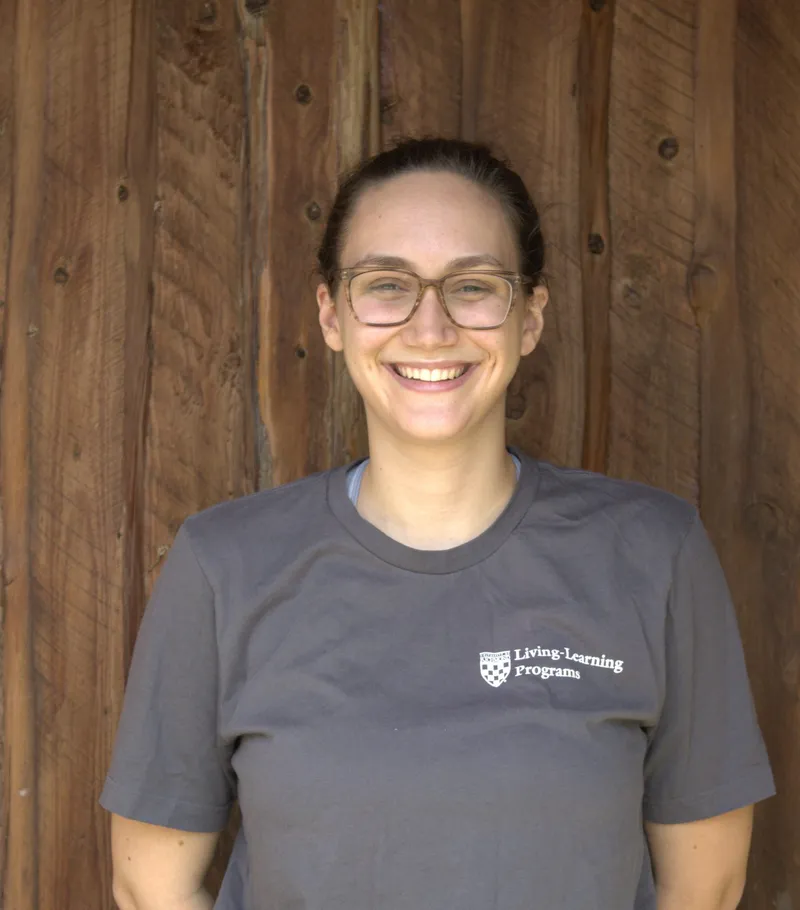
By: Elspeth Collard
Hallo! from Kenya
When we arrived at camp, stumbling out of the car after the 4-hour drive from the Nairobi airport, I was in no way prepared for the line of elbows reaching out to bump mine. It was, of course, every staff member that keeps the place running.
Hallo!
I start with hallo! because it is the accented version of hello in Kenya. Our professors say it often. Whenever people are losing focus or something is really obvious in class, they will suddenly stop, mid-sentence, if necessary, and say: Hallo! It, without fail, turns every head in the room. Barely pronouncing the h, more breathing it out than anything, it produces this chirp of an ‘ah-low.’ It’s never said in a frustrated way, the sound instead being subtly startling, in the kindest way. I think it is representative of my first days here in Kenya.
When we arrived at camp, stumbling out of the car after the 4-hour drive from the Nairobi airport, I was in no way prepared for the line of elbows reaching out to bump mine. It was, of course, every staff member that keeps the place running.
The director, a man who never stops talking, laughing, or gesticulating, admonished himself the next day, saying we deserved a real welcome. The staff had gone into town, bought a goat, and planned a goat roast for that evening.
This is how I ended up attending a goat slaughter as a full-on vegetarian (very voluntarily, of course). We went and watched the goat be killed and then helped to skin it under the tutelage of two Maasai (the main tribe in our area) staff members. For them, the skinning of a goat is a skill passed on through generations. They cut across the tissue without hesitation and smiled as they placed the knives into our much, much shakier hands.
We proceeded to get an anatomy lesson from the camp director (when in Rome). I quickly learned that our program, without a doubt, was full of nerds. We watched as they extracted every viable piece of meat from the goat, stretched it across sticks, and stuck it in the ground around the fire. Infectious, excited energy built throughout process.
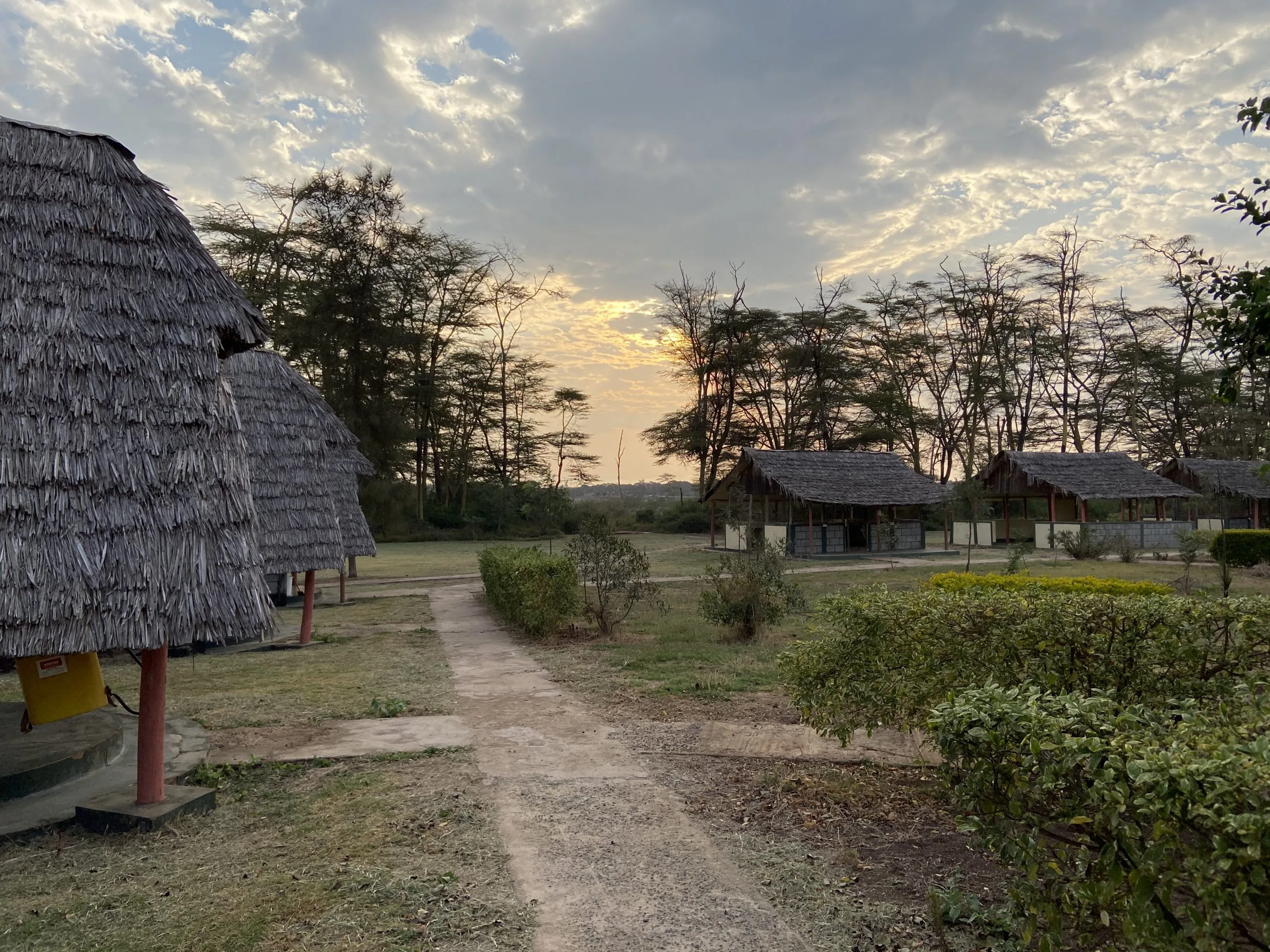
The SFS Kenya Center. Photo by Katherine Foree.
Nevertheless, I wouldn’t be participating in the culmination of that anticipation. I was secretly glad because meat, especially this kind of hardcore meat (for lack of a better word), is something I have not eaten in over two years. However, the director looked at me (and the other vegetarian, who I silently thanked for her existence) with utter consternation on his face. He said the most heartbreaking thing: ‘How can I welcome you if we cannot share in eating this meat?’ I sat there and reckoned with one of my biggest life choices for a moment. Then he asked, somehow looking even more concerned, “What do you eat instead of meat?!” He couldn’t imagine it. This man’s love of meat knew no bounds. For him, it was home. I saw us from his seat by the fire, an utterly confounding duo. In response to him, I said the first thing that came to mind: “Lentils?” We had been eating them in abundance at meals. I started to mention beans as well, but his face was already contorting with laughter.
‘LENTILS?!?’ Everybody was laughing.
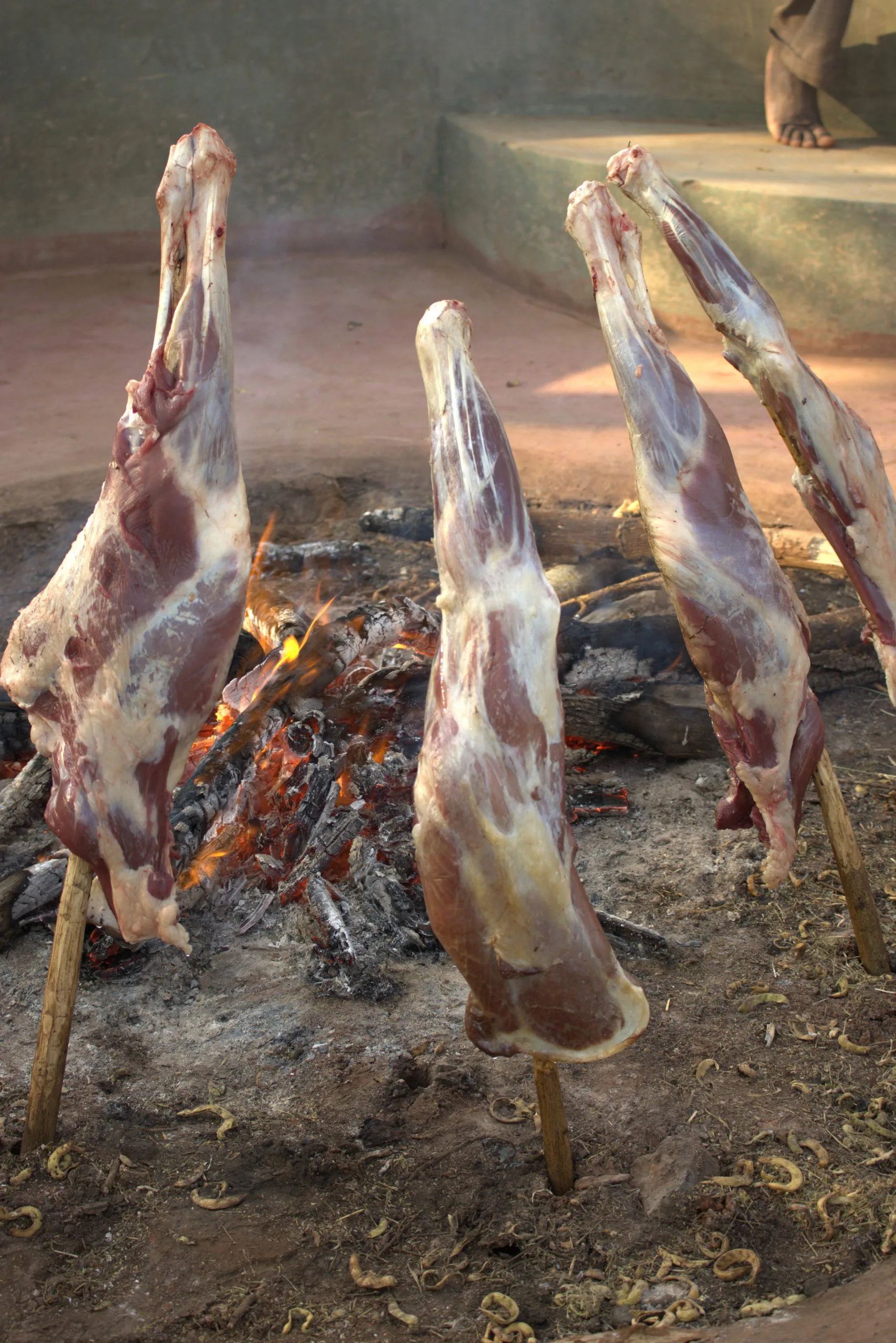
The goat roast. Photo by Katherine Foree.
But, after that brief discourse, he seemed to have made peace, at least momentarily, with the fact that we weren’t eating. The lentils had settled it somehow. Then, later on in the evening, as sodas were passed around, people asked him which brand he recommended. He smiled, placing his hands atop what he likes to call his singular love handle. Then he announced simply, “Whatever makes your cup of joy overflow!” So I sipped my bitter ginger ale, sat back, and listened as everyone argued over the true texture of goat liver with a stupid grin on my face.
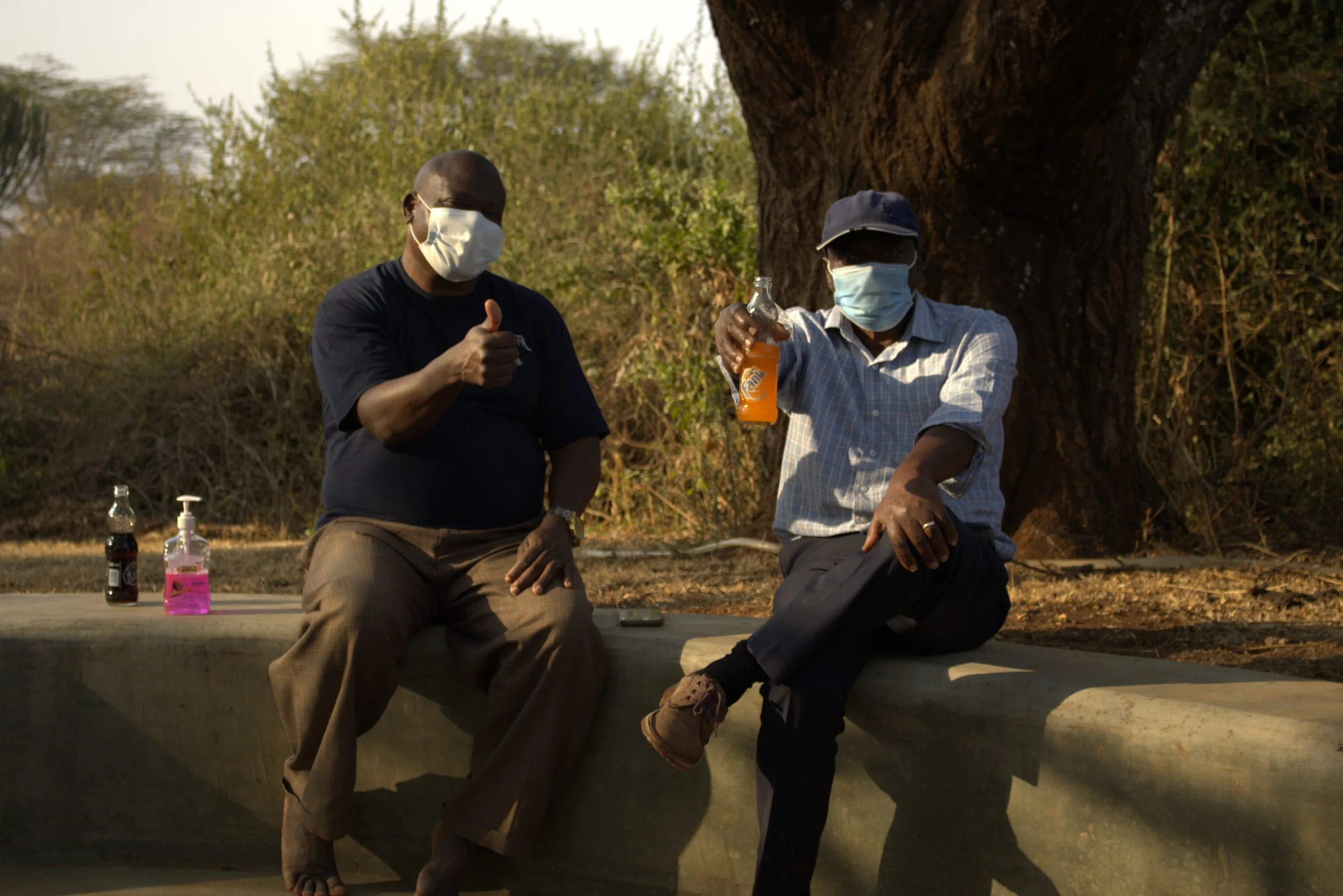
SFS Kenya Center Director Moses Okello and professor John Kiringe. Photo by Katherine Foree.
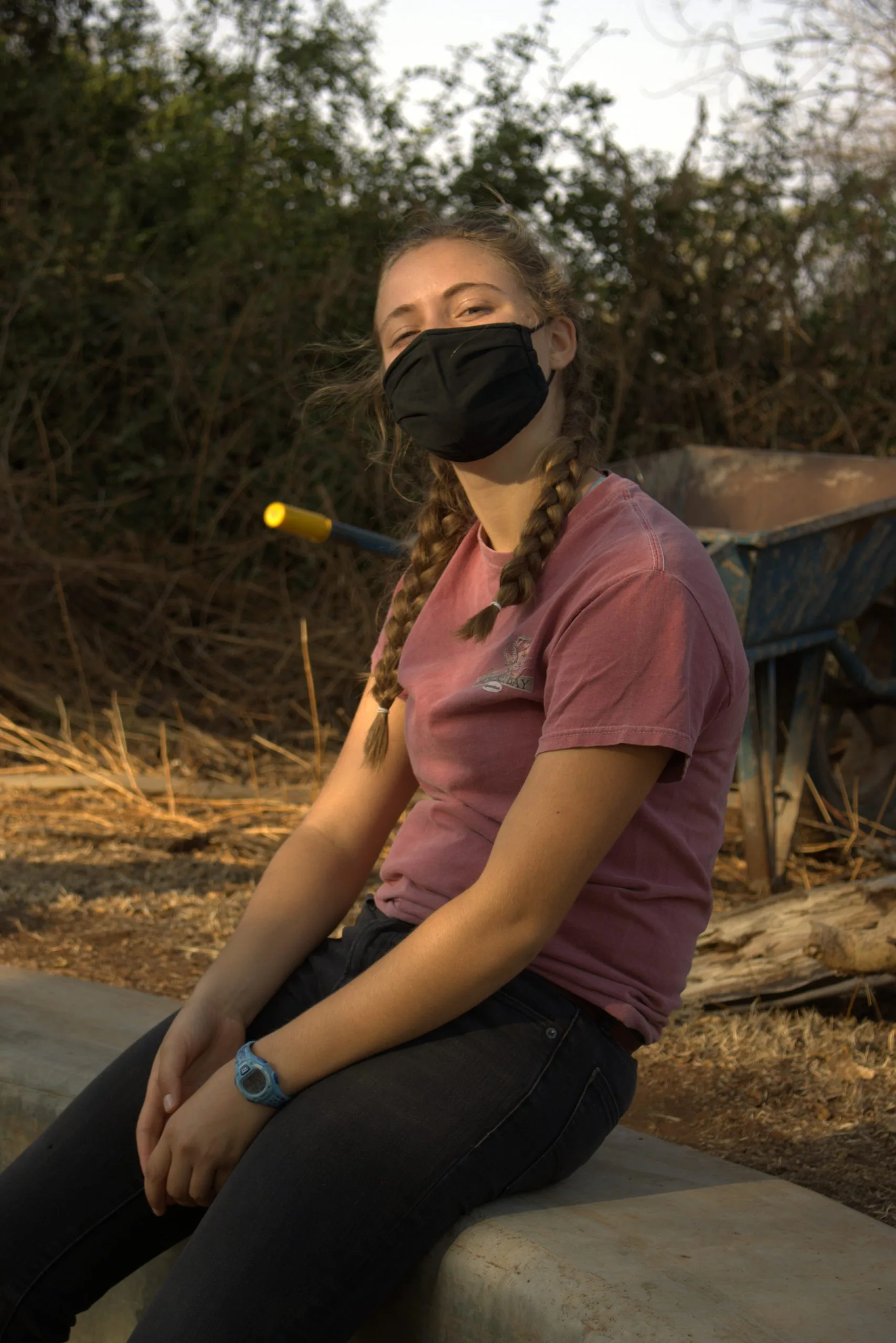
Fellow student Joy Oakes. Photo by Katherine Foree.
_______
Curious to learn a bit more about the SFS Kenya Center? Click here to read about why we’re based there, our environmental research focus, how we connect and support the local community, and even take a tour of the Center.
Related Posts

